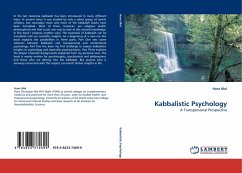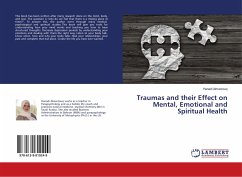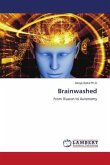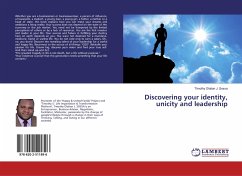In the last decennia kabbalah has been introduced in many different ways. In ancient times it was studied by only a select group of Jewish scholars, but nowadays more and more of the kabbalah books have been translated. Most of them, however, are religious and/or philosophical and that is just one way to look at this ancient knowledge. In this book I propose another view. The essentials of kabbalah can be translated into our scientific insights. As a beginning of a new era this book explains the possibilities in three parts. Part One sets some relations between Kabbalah and transpersonal and existentional psychology; Part Two has been my first challenge to expose kabbalistic insights to psychology and especially psychoanalysis. Part Three explains the deeper Chassidic backgrounds explained from my personal view. The book is mainly written for psychologists, psychiatrists and philosophers and those who are delving into the kabbalah. But anyone who is seriously concerned with this subject can enrich his/her insights in life.
Bitte wählen Sie Ihr Anliegen aus.
Rechnungen
Retourenschein anfordern
Bestellstatus
Storno








